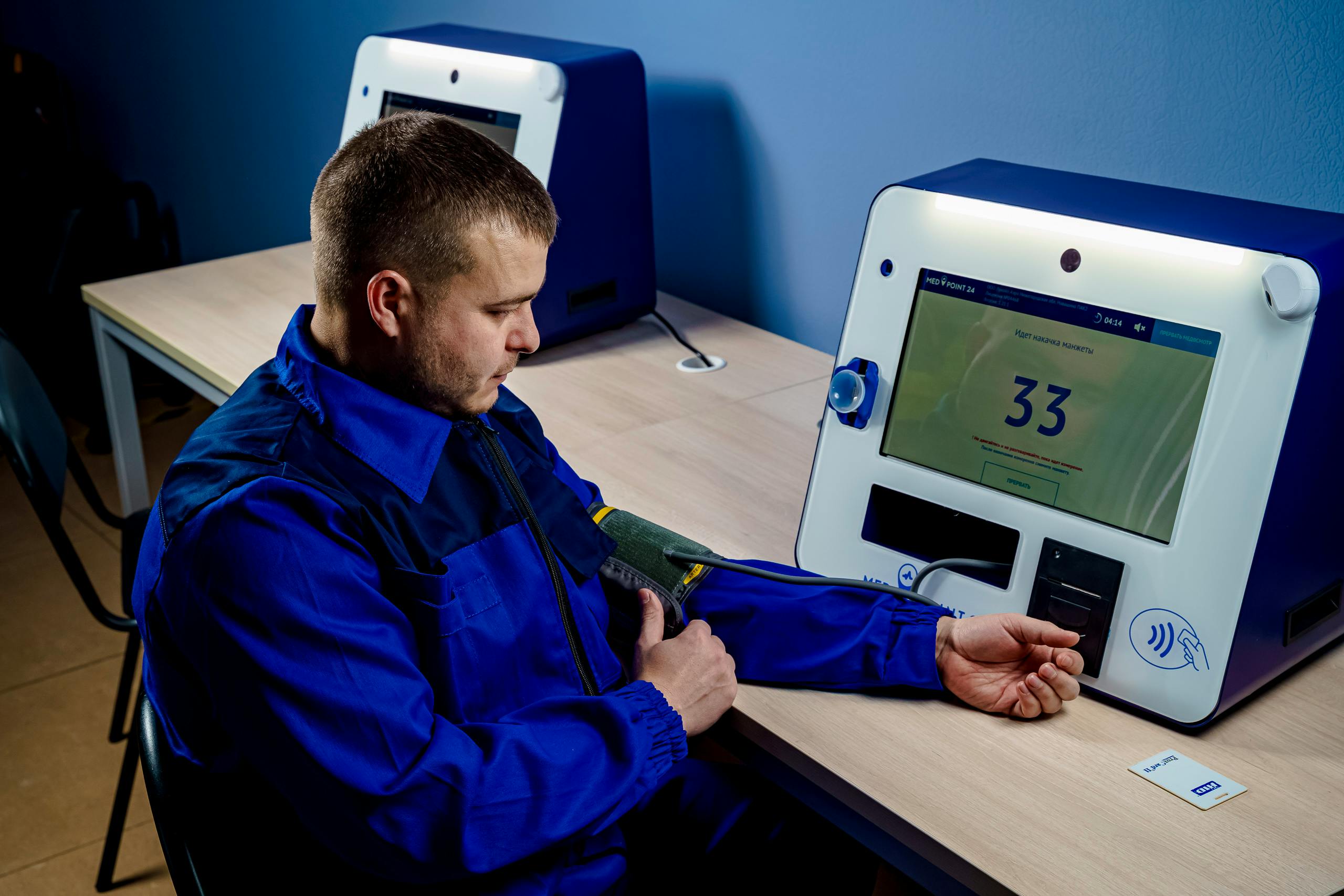The digital revolution has transformed how we work, making remote employment a viable option for millions worldwide seeking flexibility and adventure.
Remote work has evolved from a niche benefit to a mainstream career choice, with professionals across industries discovering they can maintain productivity while exploring the world. This shift has given rise to a new category of workers: digital nomads and remote professionals who strategically choose their locations based on cost of living, internet connectivity, community, and quality of life. Whether you’re a software developer, marketing consultant, graphic designer, or customer service representative, the world has become your potential office.
Choosing the right remote work destination involves balancing multiple factors including visa regulations, time zones, infrastructure, living costs, and personal preferences. Some locations offer specialized digital nomad visas, while others attract remote workers through their existing tourist visa flexibility. Understanding these destinations helps you make informed decisions about where to set up your temporary or permanent remote work base.
🌍 Why Location Matters for Remote Workers
While remote work theoretically allows you to work from anywhere, practical considerations make some locations significantly better than others. Internet reliability tops the list of priorities—a beautiful beach loses its appeal quickly when video calls constantly drop or file uploads take hours. Beyond connectivity, time zone alignment with clients or team members can dramatically affect your work-life balance and productivity.
Cost of living directly impacts how far your salary stretches. A remote worker earning $50,000 annually might struggle in San Francisco but live comfortably in Lisbon or Bali. Additionally, the presence of coworking spaces and remote work communities provides professional networking opportunities and helps combat the isolation that sometimes accompanies remote work.
Safety, healthcare quality, and overall infrastructure also play crucial roles. Access to reliable banking, reasonable healthcare costs, and general personal security create the foundation for sustainable remote work arrangements. Climate and cultural factors, while more personal, significantly impact long-term satisfaction and should align with your preferences and tolerances.
🇵🇹 Portugal: Europe’s Remote Work Paradise
Portugal has emerged as Europe’s premier destination for remote workers, particularly in Lisbon and Porto. The country offers a specialized D7 visa for remote workers and a more recent digital nomad visa program, making legal residency straightforward for qualified applicants. The moderate Mediterranean climate, excellent seafood, and lower cost of living compared to other Western European nations make it particularly attractive.
Lisbon features numerous coworking spaces like Second Home and Selina, creating vibrant communities of international remote workers. English proficiency is relatively high among younger Portuguese professionals, easing daily interactions for non-Portuguese speakers. The city’s efficient public transportation and compact size make it easy to navigate without a car.
Internet speeds in major Portuguese cities typically exceed 100 Mbps, with many accommodations and cafes offering reliable WiFi. The time zone (GMT/GMT+1) works well for remote workers serving European and American clients. Monthly living costs typically range from €1,200-€2,000 depending on lifestyle and accommodation choices, making it affordable compared to other Western European capitals.
Portugal’s Digital Nomad Visa Requirements
The Portuguese digital nomad visa requires proof of monthly income exceeding approximately €2,800 or annual income of around €33,600. Applicants must demonstrate remote work arrangements with employers or clients outside Portugal, provide health insurance coverage, and show clean criminal records. The visa allows stays up to one year, with renewal possibilities, and provides access to Portugal’s healthcare system and banking services.
🇹🇭 Thailand: Southeast Asia’s Digital Hub
Thailand has attracted digital nomads for over a decade, with Chiang Mai serving as the unofficial capital of the remote work movement. The combination of incredibly low living costs, excellent food, warm weather, and welcoming culture creates an ideal environment for extended stays. Bangkok and various islands like Koh Lanta also host thriving remote work communities.
Chiang Mai stands out for its concentration of coworking spaces, including Punspace and CAMP, where monthly memberships cost as little as $100. The city’s comfortable pace, beautiful temples, and surrounding mountains provide excellent work-life balance. Digital nomads can live comfortably on $1,000-$1,500 monthly, including accommodation, food, transportation, and entertainment.
Thailand’s tourist visa allows stays up to 30-60 days depending on nationality, with straightforward extension options. While Thailand hasn’t yet launched an official digital nomad visa program, many remote workers legally stay long-term through visa runs, education visas, or Thai Elite residence programs. Internet connectivity in urban areas is excellent, with fiber optic connections widely available in apartments and coworking spaces.
Navigating Thailand’s Remote Work Scene
The time zone (GMT+7) presents challenges for real-time collaboration with American teams but works perfectly for Asian-Pacific clients and European asynchronous work. Thailand’s healthcare system offers excellent private hospitals at reasonable costs, with comprehensive health insurance available for around $100-$200 monthly. The expat community is well-established, providing extensive support networks and social opportunities for newcomers.
🇲🇽 Mexico: Proximity Meets Affordability
Mexico has become increasingly popular among North American remote workers, particularly in cities like Mexico City, Playa del Carmen, and Oaxaca. The geographic proximity to the United States, similar time zones, and dramatically lower costs make it especially attractive for American remote workers. Recent improvements in digital infrastructure and the introduction of a temporary resident visa for remote workers have further enhanced its appeal.
Mexico City offers world-class restaurants, museums, and cultural experiences at fraction of costs found in major American cities. Neighborhoods like Roma, Condesa, and Polanco feature numerous cafes and coworking spaces with reliable internet. Monthly living expenses typically range from $1,200-$2,000, including comfortable housing in desirable neighborhoods.
The temporary resident visa allows stays up to four years and requires demonstrating monthly income of approximately $2,500 or savings exceeding $40,000. This visa provides legal certainty and allows multiple entries and exits without restrictions. Healthcare in Mexico is affordable and high-quality, especially in major cities with modern private hospitals.
Mexican Cities for Different Remote Work Styles
Playa del Carmen attracts beach lovers wanting Caribbean access while maintaining professional productivity. Oaxaca appeals to those seeking authentic Mexican culture, colonial architecture, and artistic communities. Guadalajara offers a tech-focused environment with growing startup scenes and lower costs than Mexico City. Each location provides distinct advantages depending on personal preferences and professional requirements.
🇪🇸 Spain: Culture and Connectivity Combined
Spain recently launched a digital nomad visa, joining Portugal in making the Iberian Peninsula exceptionally welcoming to remote workers. Barcelona, Madrid, Valencia, and Seville all offer excellent infrastructure, rich culture, and strong expat communities. The Spanish lifestyle, emphasizing work-life balance and social connections, resonates with many remote workers seeking meaningful experiences beyond professional achievements.
Barcelona combines Mediterranean beaches with cosmopolitan urban amenities. The city’s coworking scene is robust, with spaces like Aticco and OneCoWork providing professional environments and networking opportunities. English is widely spoken in business contexts, though learning Spanish enhances daily life significantly. Monthly costs typically range from €1,500-€2,500, higher than Portugal but still reasonable for Western European standards.
Spain’s digital nomad visa requires proving remote work arrangements with non-Spanish companies and demonstrating monthly income exceeding approximately €2,000. The visa allows stays up to one year initially, with renewal options for up to five years. Spain’s extensive train network and proximity to other European destinations make weekend travel remarkably accessible.
🇮🇩 Bali: The Island Paradise for Digital Nomads
Bali represents the quintessential digital nomad destination, combining tropical beauty with surprisingly strong infrastructure and an established remote work community. Canggu and Ubud serve as the primary hubs, each offering distinct atmospheres—Canggu for surf culture and beach vibes, Ubud for wellness and artistic pursuits.
Coworking spaces like Dojo Bali and Outpost pioneered the concept of community-focused remote work environments. These spaces organize networking events, workshops, and social activities that help combat remote work isolation. Monthly memberships cost $80-$150, incredibly affordable compared to Western equivalents. Living costs remain remarkably low, with comfortable lifestyles achievable on $1,200-$1,800 monthly.
Indonesia recently introduced a digital nomad visa allowing stays up to five years, though implementation details continue evolving. The visa requires proving monthly income of approximately $2,000 and maintaining valid health insurance. Bali’s time zone (GMT+8) works well for Asian markets and European asynchronous collaboration but challenges real-time communication with American teams.
Bali’s Unique Challenges and Rewards
Traffic congestion, particularly in Canggu, can be frustrating, and rainy season brings significant precipitation. However, the island’s spiritual culture, incredible food scene, abundant nature, and welcoming atmosphere create unmatched quality of life. The large international community means finding like-minded professionals and friends happens naturally through coworking spaces and social events.
🇬🇪 Georgia: Europe’s Hidden Gem
Tbilisi, Georgia offers one of the world’s most accommodating visa policies for remote workers, allowing visa-free stays up to one year for citizens of 95 countries. This former Soviet republic combines European and Asian influences, creating a unique cultural experience. Extremely low living costs, improving infrastructure, and a growing digital nomad community make Georgia increasingly popular.
Monthly expenses in Tbilisi typically range from $800-$1,400, making it one of Europe’s most affordable destinations. The capital features several coworking spaces, including Terminal and Impact Hub, though the scene remains smaller than more established locations. Internet connectivity is excellent, with high-speed fiber optic connections standard in most apartments.
Georgian cuisine, featuring dishes like khachapuri and khinkali, provides delicious and incredibly affordable dining options. The wine culture, dating back 8,000 years, offers unique experiences unavailable elsewhere. The country’s dramatic mountain scenery, Black Sea coastline, and ancient churches provide excellent exploration opportunities during downtime.
🇨🇷 Costa Rica: Pura Vida Remote Work
Costa Rica pioneered digital nomad welcoming policies with its dedicated remote worker visa program. The country’s political stability, environmental consciousness, and “pura vida” lifestyle attract professionals seeking tropical environments with reliable infrastructure. San José, Tamarindo, and Santa Teresa host growing remote work communities.
The rentista visa and newer digital nomad visa both accommodate remote workers, requiring proof of stable income around $2,500-$3,000 monthly. Costa Rica’s healthcare system ranks highly internationally, providing peace of mind for longer stays. The country’s commitment to renewable energy and extensive national parks appeal to environmentally conscious remote workers.
Living costs vary significantly by location, with beach towns typically more expensive than inland cities. Budget $1,500-$2,500 monthly for comfortable living in most areas. English proficiency is relatively high, especially in tourist areas, though Spanish knowledge enhances experiences. The country’s time zone (GMT-6) aligns perfectly with North American business hours.
💡 Essential Apps for Remote Work Success
Successful remote work depends heavily on productivity and communication tools. Time zone coordination becomes crucial when working with international teams. Apps like Slack and Microsoft Teams facilitate instant communication, while Zoom and Google Meet enable video conferencing across distances. Project management platforms like Trello, Asana, and Monday.com keep teams aligned despite geographic separation.
VPN services protect sensitive information when using public WiFi networks in cafes and coworking spaces. Password managers like LastPass or 1Password secure credentials across devices. Cloud storage solutions including Google Drive, Dropbox, and OneDrive ensure file accessibility from anywhere. Time tracking apps help freelancers accurately bill clients and maintain work-life boundaries.
Banking apps with international capabilities, like Wise or Revolut, facilitate currency exchange and international transfers at favorable rates. Language learning apps such as Duolingo help navigate non-English speaking destinations. Accommodation booking platforms including Airbnb and Booking.com offer flexible housing options suitable for varying stay lengths.
📋 Practical Considerations Before Relocating
Before committing to a remote work destination, conduct thorough research beyond Instagram-worthy photos. Join Facebook groups and online forums specific to your target location to ask current residents about practical realities. Consider visiting for 2-4 weeks before making longer commitments, testing internet speeds in various locations and experiencing daily life rhythms.
Understand tax implications of working remotely from different countries. Many nations have tax residency rules that could create obligations if you stay beyond certain periods. Consult with international tax professionals familiar with remote work scenarios to avoid unexpected liabilities. Some countries have tax treaties preventing double taxation, while others don’t.
Verify your employer’s policies regarding international remote work. Some companies restrict work locations due to legal, security, or tax considerations. Others require presence in specific time zones for collaboration purposes. Freelancers enjoy more flexibility but must manage their own legal compliance, insurance, and retirement planning across jurisdictions.
Health Insurance and Healthcare Access
International health insurance becomes essential when working abroad long-term. Providers like SafetyWing, Cigna Global, and Allianz offer plans designed for digital nomads and remote workers. Compare coverage limits, exclusions, and provider networks in your target destinations. Some locations offer affordable local insurance options once you obtain residency status.
Research healthcare quality in potential destinations, particularly if you have specific medical needs or conditions requiring ongoing care. Many popular remote work destinations offer excellent private healthcare at costs dramatically lower than American equivalents. However, more remote or developing locations may require travel to larger cities for specialized treatment.
🚀 Building Community While Working Remotely
Combat remote work isolation by intentionally building social connections in new locations. Coworking spaces provide natural networking opportunities with other professionals. Many cities host digital nomad meetups, language exchanges, and professional networking events specifically designed for international remote workers.
Platforms like Meetup, Internations, and Nomad List help discover local communities and events. Consider staying in coliving spaces that combine accommodation with built-in social structures and networking opportunities. These arrangements work particularly well for solo travelers or those new to remote work seeking community support.
Maintain relationships with friends and family back home through regular video calls and messaging. Established routines help sustain important connections despite distance. Some remote workers schedule recurring calls as accountability for maintaining these relationships amidst busy travel schedules and new experiences.

🎯 Creating Your Remote Work Action Plan
Start your remote work journey by honestly assessing your priorities and constraints. Consider factors including budget, desired climate, proximity to home, language requirements, and professional needs. Create a shortlist of 3-5 destinations that align with your criteria, then research each thoroughly regarding visas, costs, and practical logistics.
Develop a realistic budget including accommodation, food, transportation, coworking spaces, insurance, and discretionary spending. Add 20-30% buffer for unexpected expenses and occasional splurges. Research average costs in online forums and nomad communities rather than relying solely on cost-of-living calculators, which often miss nuances.
Plan your first destination for 1-3 months rather than committing to longer periods initially. This approach allows testing remote work lifestyle realities before making significant commitments. Book accommodation with flexible cancellation policies when possible, providing options if circumstances change or expectations don’t match reality.
The remote work revolution has opened unprecedented opportunities for professionals worldwide to design lifestyles aligned with personal values and professional goals. Whether you prioritize beaches, mountains, bustling cities, or quiet towns, destinations exist to support productive remote work while providing enriching life experiences. Success requires balancing practical considerations like connectivity and costs with personal preferences regarding culture, climate, and community. By thoroughly researching options, planning carefully, and remaining flexible, remote workers can create fulfilling lifestyles that seamlessly blend professional achievement with personal adventure and growth across the globe.
Toni Santos is a future-of-work researcher and social innovation writer exploring how technology, culture, and global mobility are redefining what it means to work and thrive in the 21st century. Through his studies on automation, digital nomadism, and workforce transformation, Toni examines the balance between progress, adaptability, and human purpose in a rapidly changing world. Passionate about remote collaboration systems and digital inclusion, Toni focuses on how emerging tools and global connectivity empower individuals to build meaningful, flexible, and resilient careers. His work highlights how automation and new work models can coexist with creativity, empathy, and social value. Blending sociology, economics, and digital strategy, Toni writes about the human side of innovation — helping readers understand not only where work is heading, but how to align with its transformation responsibly and purposefully. His work is a tribute to: The evolving relationship between automation and human employment The rise of global, location-independent lifestyles The power of resilience and adaptability in the modern workforce Whether you are a freelancer, remote leader, or curious observer of the new economy, Toni Santos invites you to explore the future of work — one idea, one connection, one transformation at a time.




